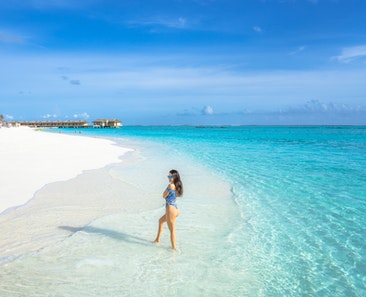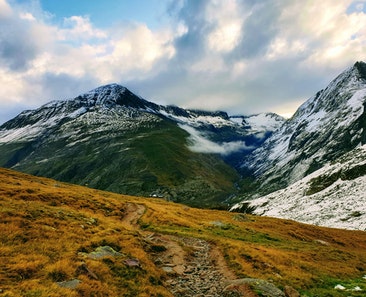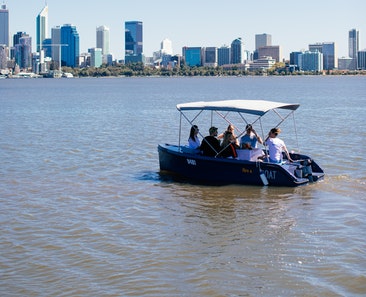Discover Cody: The Rodeo Capital of the World!
The Cody Stampede Rodeo has been held every summer since 1919! It’s one of America’s longest-running and most successful professional rodeos. Cody is also the only place in the country with nightly rodeo performances. No wonder Cody, Wyoming, is known as the “Rodeo Capital of the World.”
Cody’s Legendary Rodeos
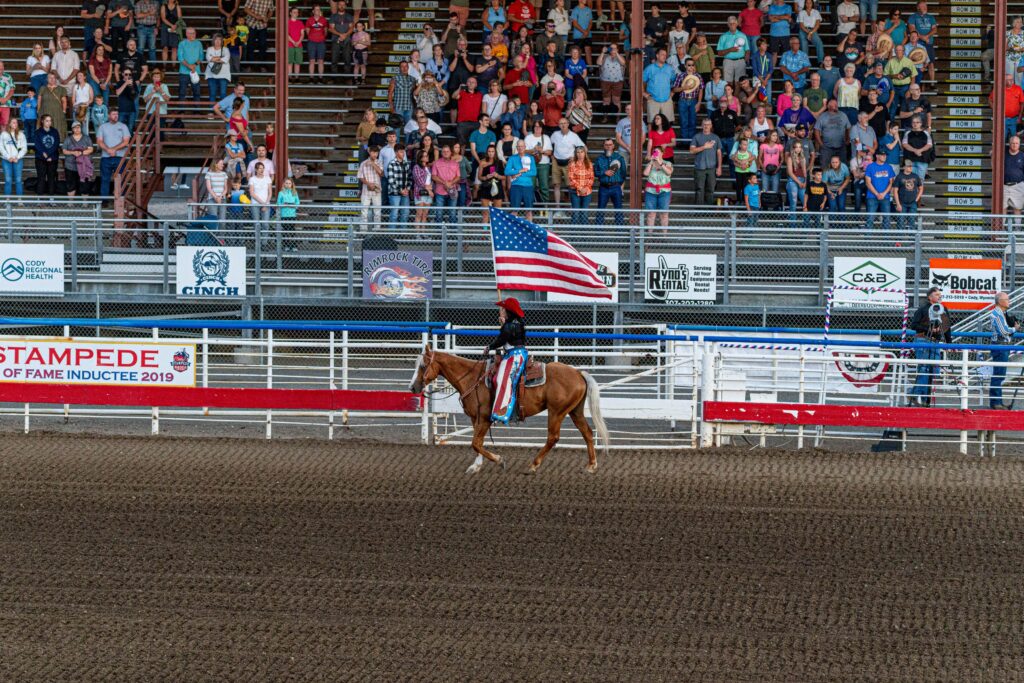
Cody has not one but two distinct rodeos. The Cody Nite Rodeo is held nightly from June 1st through August 31st, and the Cody Stampede is held July 1st through 4th. All summer long, Cody embodies the spirit of the rodeo. RoThis isn’t a Rush song but an homage to the town’s Western history and cowboy culture.
Ain’t Nothing Wrong With Rodeo
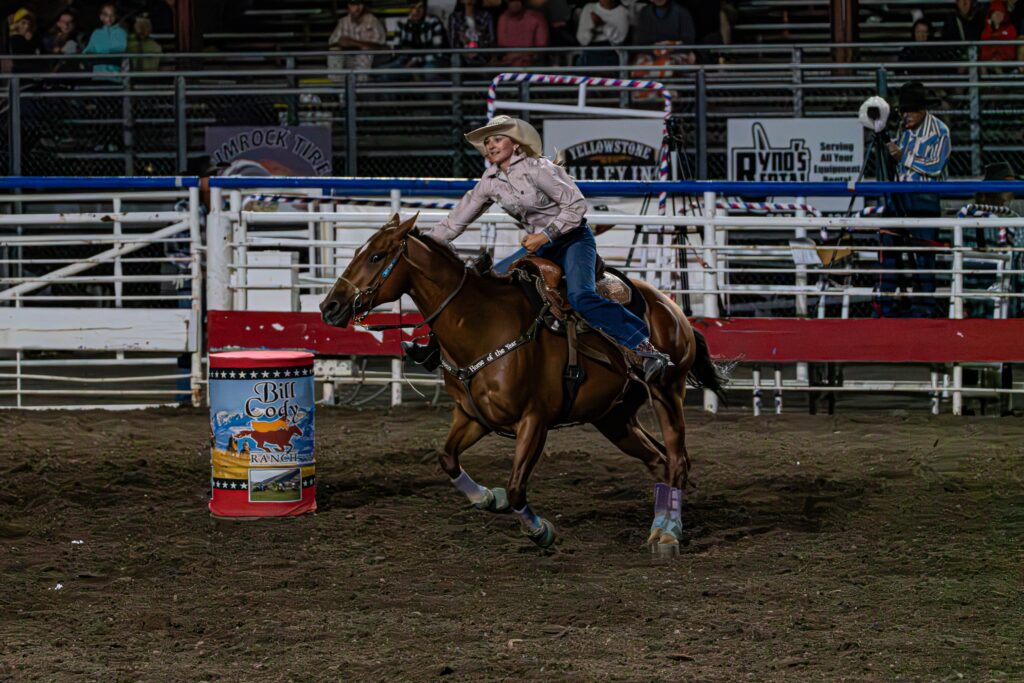
Again, we’re not tripping on Aaron Tippin. Cody is an award-winning rodeo destination. The Professional Rodeo Cowboys Association awarded the Cody Stampede the “Best Large Outdoor Rodeo of the Year” in 1998 and 1999. The Cody Nite Rodeo was nominated for “Best Small Outdoor Rodeo of the Year” in 2001.
The Cody Stampede and Xtreme Bulls are Professional Rodeo Cowboys Association-sanctioned rodeos, while the Cody Nite Rodeo is an unsanctioned amateur rodeo. Either way, they’re a kicking one-two-punch punch of adrenaline.
Is the Cody Rodeo Ethical?
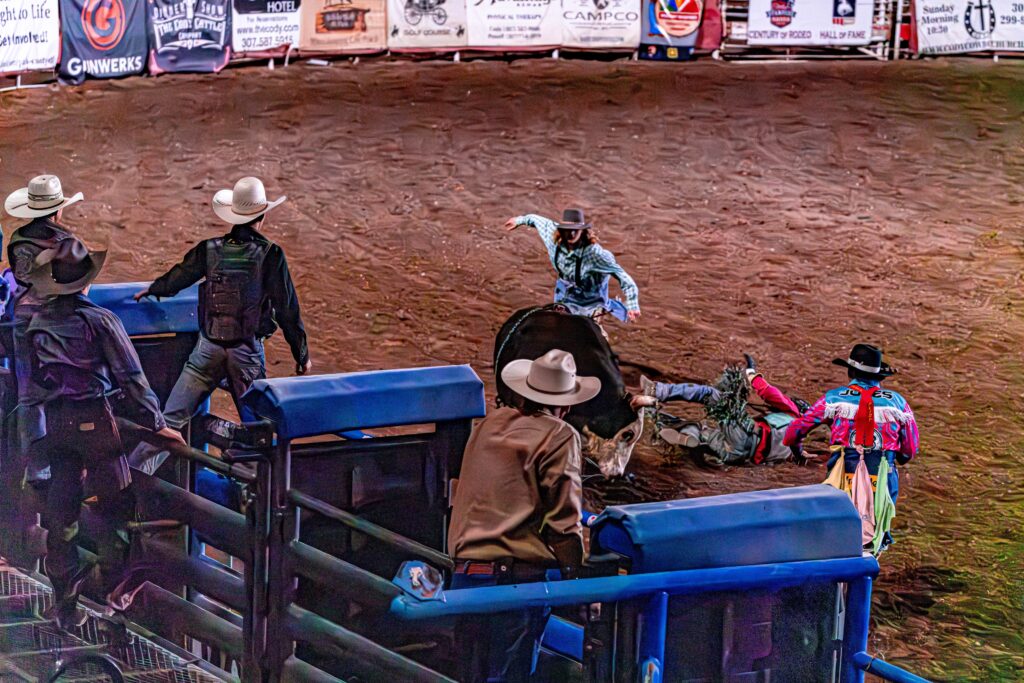
According to codystampederodeo.com – “Rodeo livestock, such as bulls, broncs, and other animals used in events, are well cared for and undergo strict regulations to ensure their safety and well-being. Rodeos, particularly those governed by organizations like the Professional Rodeo Cowboys Association (PRCA), prioritize the humane treatment of animals, and a team of veterinarians is on-site during events to monitor their health.”
Buffalo Bill Cody’s Wild West Show and The Cody Rodeo
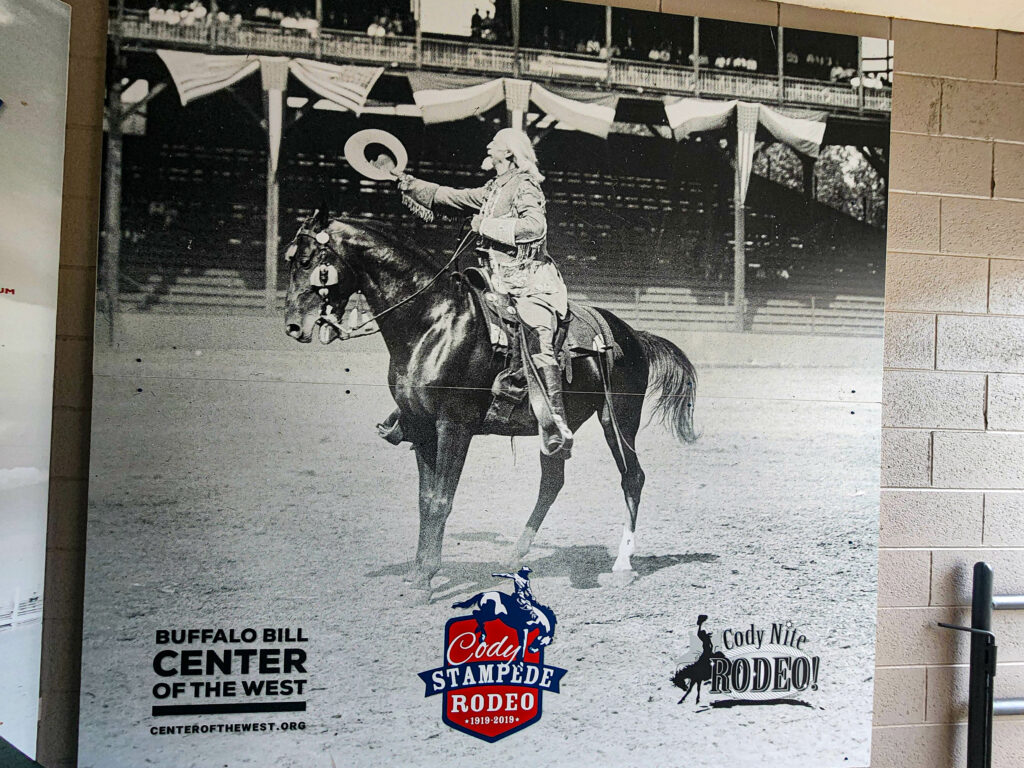
Buffalo Bill’s Wild West Show was never formally held in Cody, but his influence made rodeos and parades part of the town’s culture and heritage. In 1913, he performed his final Wild West Show and hosted one last parade and rodeo in Cody for the Prince of Monaco.
Buffalo Bill recognized the public’s interest in the American frontier. He saw the need to preserve the traditions of the Wild West before they rode off into the sunset of history.
Who Started the Cody Rodeo
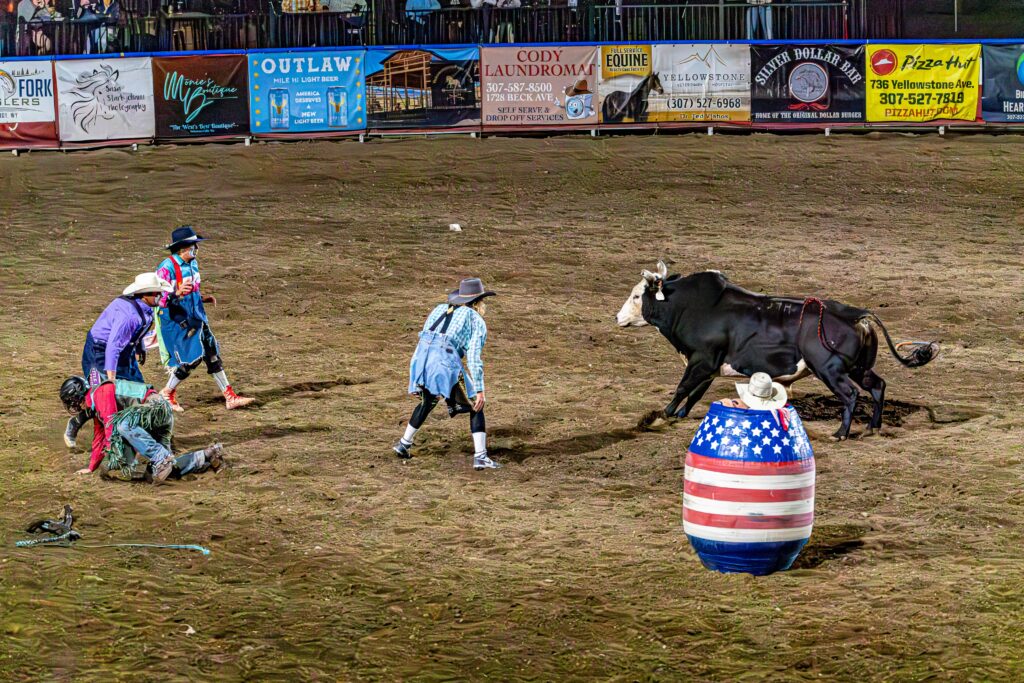
Buffalo Bill’s death in 1917 marked the end of an era in the American West. Clarence Williams, a former stagecoach driver who delivered visitors from Cody to Yellowstone, established a rodeo in Cody. It honored Buffalo Bill’s legacy and preserved the “Old West” traditions he championed.
A former Wild West show performer, Carly Downing, founded the Cody Night Rodeo in 1939. He originally called it the “Pup Rodeo,” but it soon became an integral part of the Stampede and a fixture in the Cody community.
Bull Riding at the Cody Rodeo
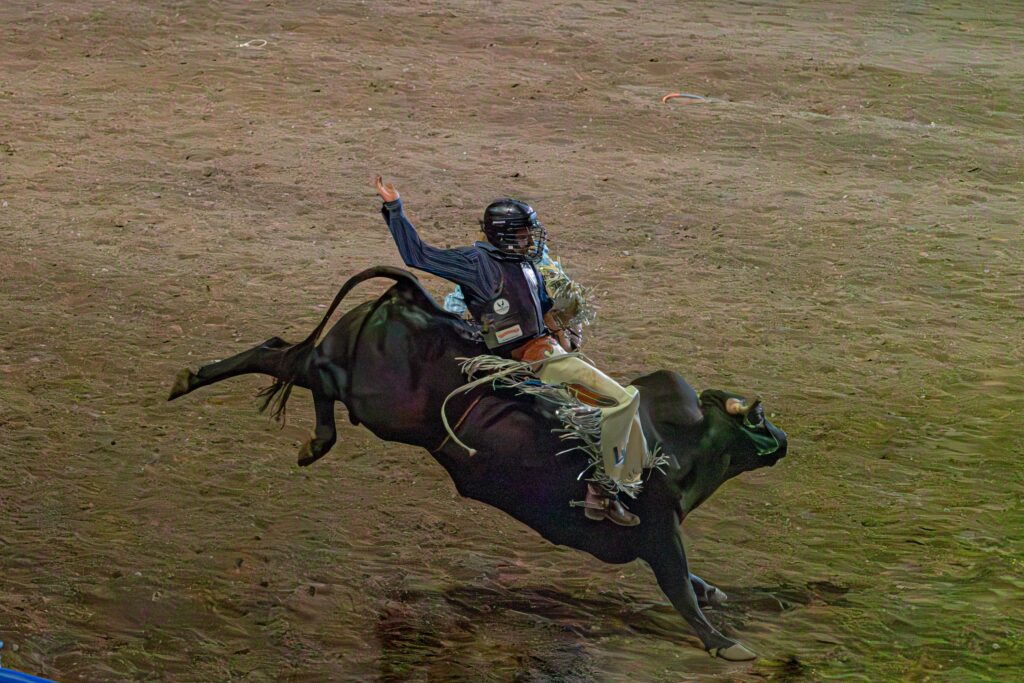
A rodeo is full of classic events like roping and mutton busting, but nothing says you’re grabbing life by the horns like riding a bucking bull. The rider mounts the bull, which storms out into the area from the bucking chute. The bull bucks, spins, rears, kicks, and twists to throw the rider. The rider must stay on for eight seconds while only touching the bull with their riding hand to get a score, but the bull is always scored.
Bronc Riding

Bronc riding, like bull riding, is an eight-second terror ride. It was based on the necessary buck-breaking skills of a working cowboy but is now highly stylized. Not only is the rider scored on the length and quality of their ride, but also on the creativity and effort the bronc employs to dislodge them.
Rodeo Clowns
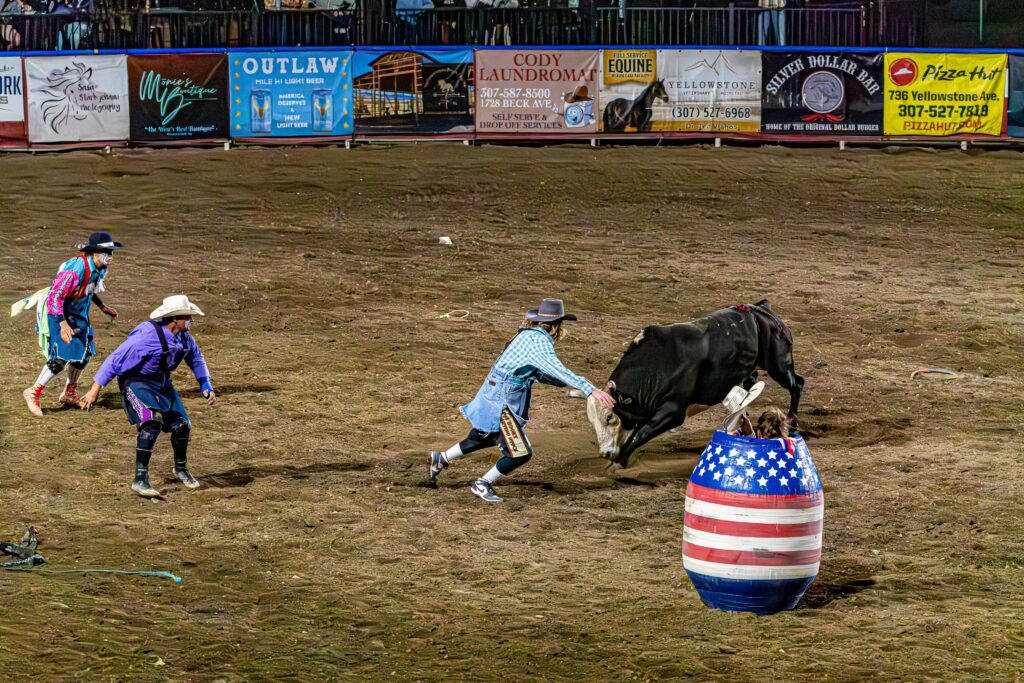
Rodeo clowns provide comic relief and are the rider’s first line of defense against an angry bull. They expose themselves to extreme danger by making themselves an alternative target for a raging bull. Underneath their loose-fitting, tear-away clothes, they wear protective equipment just in case. It’s a dangerous profession that requires speed, agility, and the ability to predict the bull’s next move.
Dressage
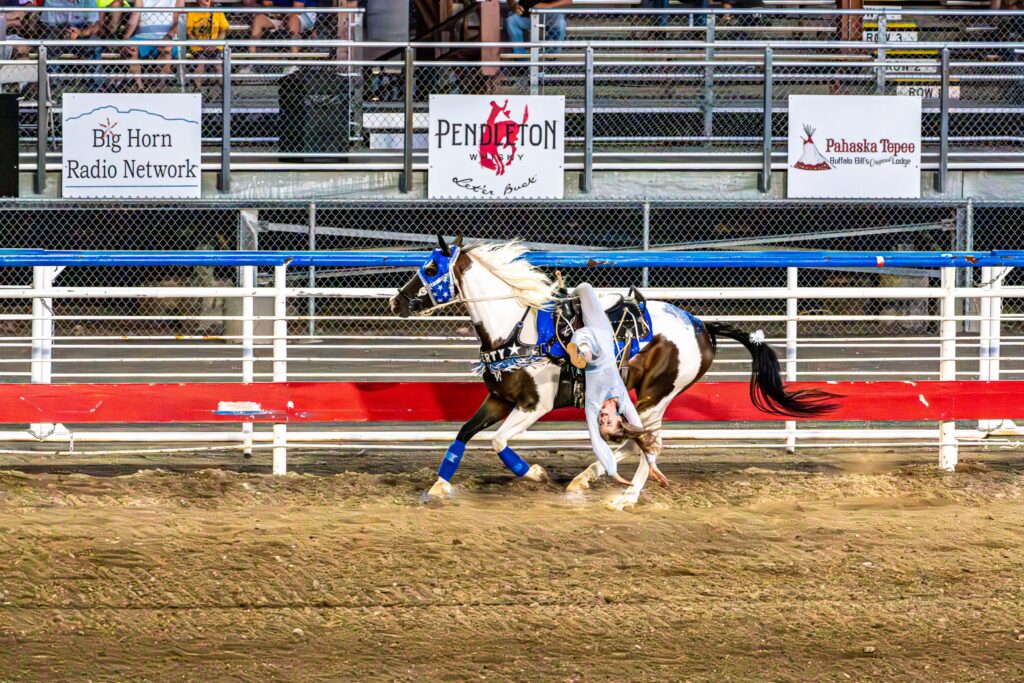
The rodeo is not just for points but also pageantry. One particularly stunning event is dressage, coming from the French word training. It’s a sport involving precise movements from a well-trained horse based upon barely perceptible signals from its rider. The horse walks, trots, canters, and, in the case of the Cody Rodeo, performs more specialized maneuvers like a high-speed death drop.
The Legacy of the Cody Rodeo

Cody has produced world-class talent and rodeo legends Jim Houston, Chris LeDoux, Tom Ferguson, Deb Greenough, and Dan Mortensen. Cody’s local rodeo heroes include Bill Smith, Mel Stonehouse, Cecil McMillian, Nick Knight, Floyd Stillings, John Kirkpatrick, Norman Price, and Arthur Holman.
Cody preserves and celebrates the rodeo tradition, ensuring that it will always be known as the heart and soul of the sport. Cody is, and will always be, Rodeo.

